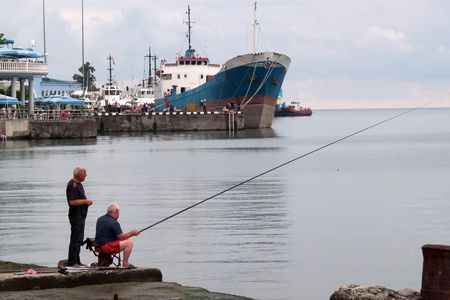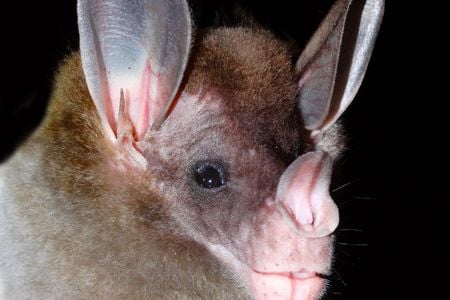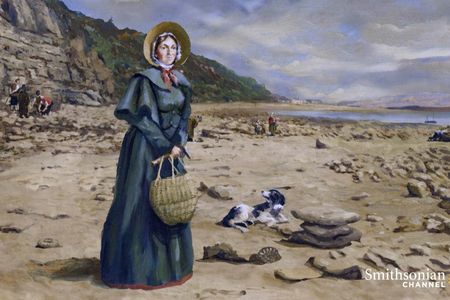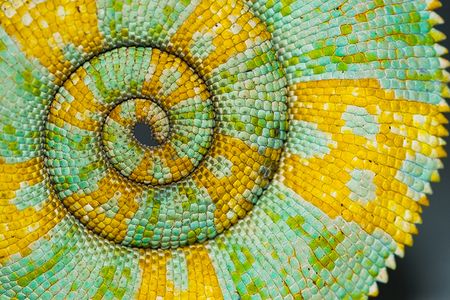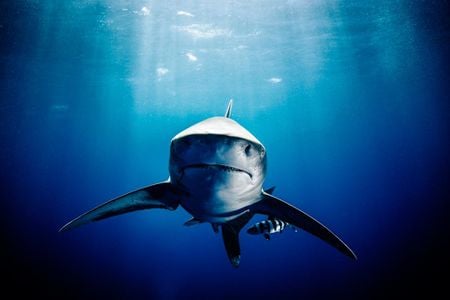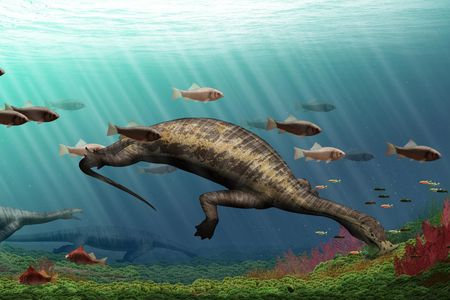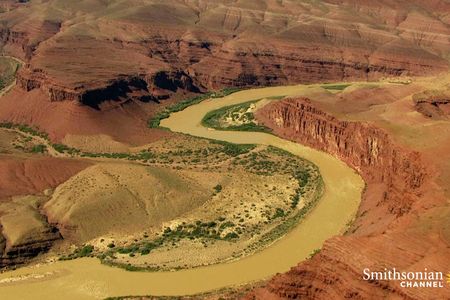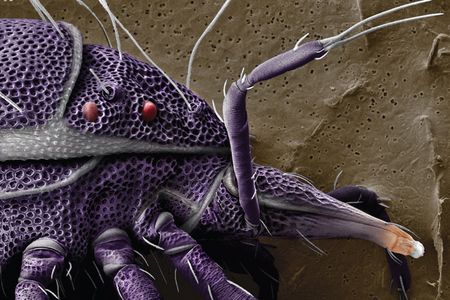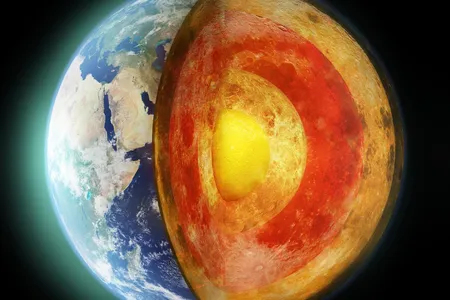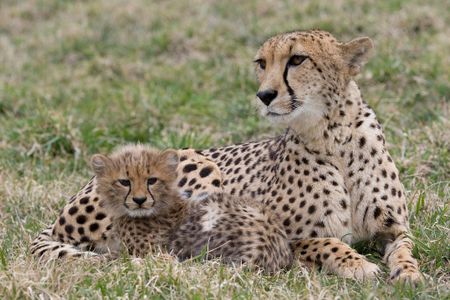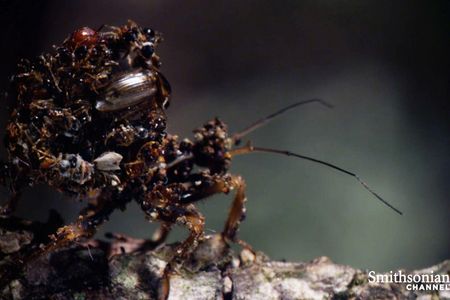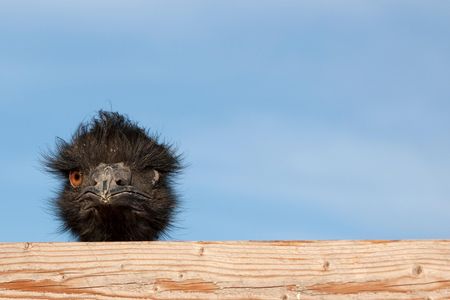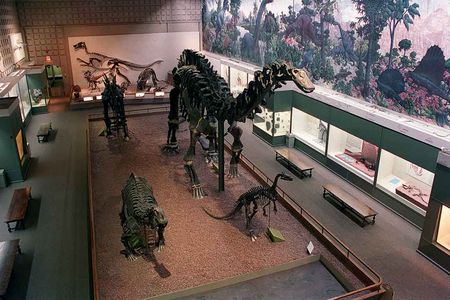The Black Sea Is Dying, and War Might Push it Over the Edge
Surrounded by six countries, all with their own agendas, the massive body of water is at risk of becoming another casualty of regional strife
The World’s Carnivorous Bats Are Emerging From the Dark
Meat-eating evolved multiple times among these mysterious species, yet all of the winged carnivores share similar physiological fixes
Why You Should Know This Prolific Princess of Paleontology
Mary Anning was a 19th-century working-class woman from Dorset with no formal education. She became one of the most celebrated fossil collectors in history
The Science Behind Nature’s Patterns
A new book explores the physical and chemical reasons behind incredible visual structures in the living and non-living world
This Photographer Shoots Sharks to Save Them
When he’s not creating movie posters, Michael Muller swims among the oceanic predators, capturing stunning images
How Tuberculosis Shaped Victorian Fashion
The deadly disease—and later efforts to control it—influenced trends for decades
Weirdo Ancient Marine Reptile Had a Vacuum-Shaped Head
Animal probably slurped up plant material from the seafloor
Smartphone Study Uncovers Why So Much of the World is Short on Sleep
Age, gender and nationality impact how much we sleep, and social pressures rob many of needed rest
10 Things Science Says About Being a Mom in 2016
For one, a nurturing mother can help her child’s brain grow
How Was the Grand Canyon Formed?
Many people once believed that landscapes like the Grand Canyon were shaped by volcanoes and earthquakes. But one American geologist had a different idea
Enjoy Face Time with Seven of Earth’s 3 to 5 Million Mite Species
A Smithsonian collection of some one million species of mites is receiving its up close and personal
Your Skin’s Microbial Inhabitants Might Stick Around, Even If You Wash
This tiny ecosystem is surprisingly stable from months to years, study reveals
Journey to the Center of Earth
Crushing Pressures Start to Reveal the Truth About Earth’s Core
Iron makes up the bulk of our planet’s core. But now, researchers are getting closer to figuring out what else swirls at the center of the Earth
A Fecal Pellet’s Worth A Thousand Words
Scientists can learn a surprising amount about an animal just by analyzing its poop
This Bug Wears Its Victims’ Carcasses as Camouflage
The assassin bug is one of the most cunning predators in the micro world, gluing the exoskeletons of its prey to its back as camouflage
Describing Someone as “Birdbrained” Is Misguided, Unless You’re Talking About Emus
A new book about birds explores how birds think
How Climate Change Could Make Office Work Even Unhealthier
“Sick building syndrome” and other indoor concerns could be exacerbated by climate change
Neuroscientist David Eagleman on What Is Possible in the Cosmos
The author tackles where the human brain and astronomy intersect
Infants Learn to Pay Attention (or Not) From Watching Mom and Dad
Parents who focus on play may help babies develop critical skills that predict future success
The Scientific Daredevils Who Made Yale’s Peabody Museum a National Treasure
When an award-winning science writer dug into the backstory of this New Haven institute, he found a world of scientific derring-do
Page 179 of 451
